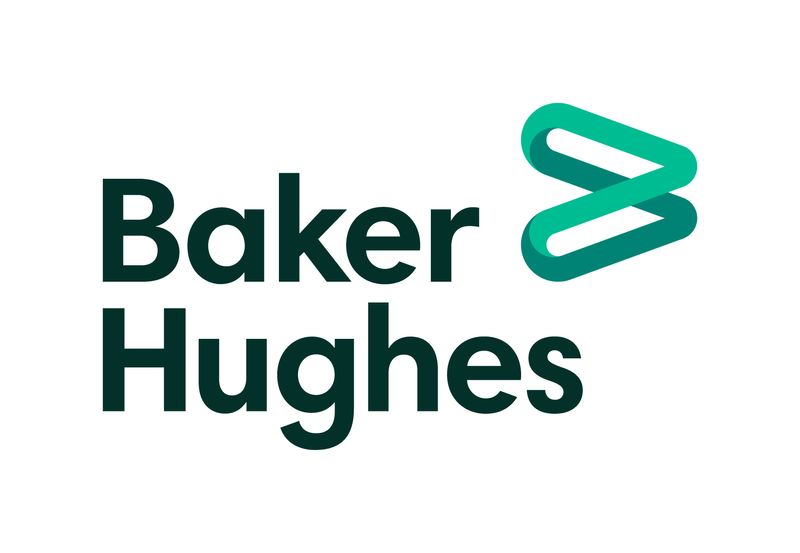By Liz Hampton and Rithika Krishna
(Reuters) -Oilfield services provider Baker Hughes on Wednesday reported a bigger second-quarter loss, hit by a $365 million charge from its Russian operations and supply chain inflation, while adjusted profits also missed analysts' forecasts.
The company's shares fell about 6% to $26.50 in premarket trading. They are up 17% since the beginning of the year.
Oil prices have surged this year, gaining around 53% from the second quarter compared with last year as Western sanctions on Russia's energy industry hit supplies. However, prolonged prices above $100 a barrel and moves by central banks to curb inflation have stoked concerns of demand destruction and an economic slowdown.
"The demand outlook for the next 12 to 18 months is deteriorating, as inflation erodes consumer purchasing power and central banks aggressively raise interest rates to combat inflation," Baker Hughes Chief Executive Officer Lorenzo Simonelli said in a statement.
The company's results "were mixed" as it navigated challenges including component shortages, supply chain inflation and the suspension of its Russian operations, he added.
Baker Hughes also reported a non-operating loss of $426 million related to its oilfield services business in Russia, which it has classified as "held for sale" at the end of the second quarter.
Rival oilfield services firm Halliburton (NYSE:HAL) on Tuesday predicted years of growth in demand for drilling. Industry leader Schlumberger NV (NYSE:SLB) is scheduled to report results later in the week.

Baker Hughes posted a net loss of $839 million, or 84 cents per share, in the three months ended June 30, compared to a loss of $68 million, or 8 cents per share, a year ago.
Its adjusted net income rose to $114 million, or 11 cents per share, from $83 million, or 10 cents per share. Analysts had expected earnings of 22 cents per share, according to IBES data from Refinitiv.